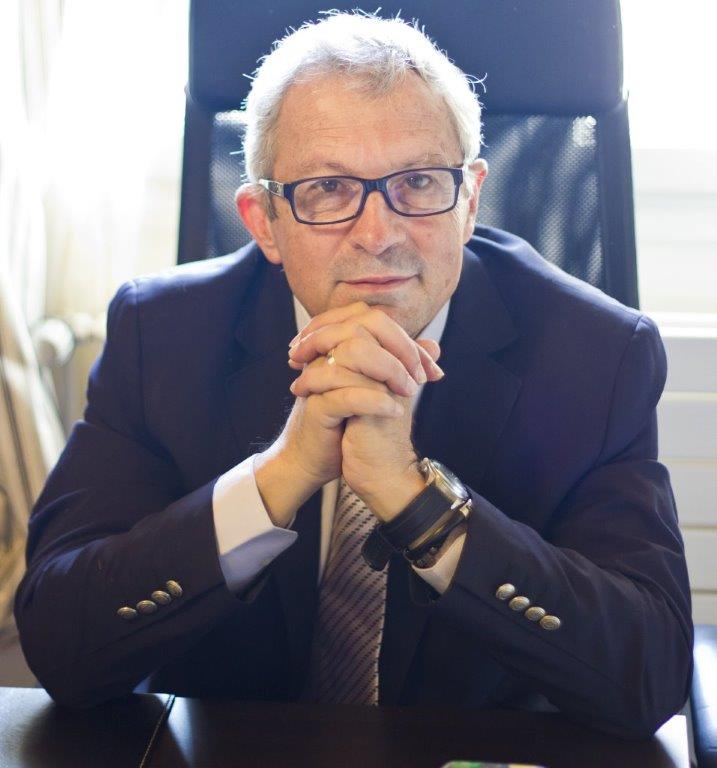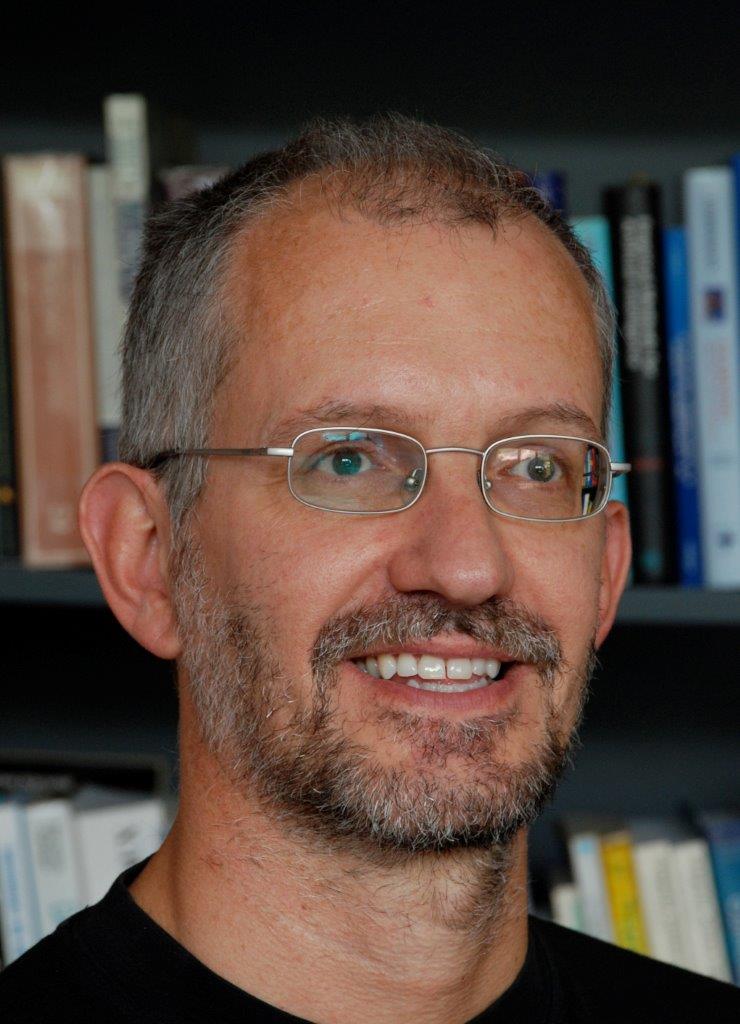|

|
Joseph Sifakis |
Joseph Sifakis is a computer scientist, laureate of the 2007 Turing Award, along with Edmund M. Clarke and E. Allen Emerson, for his work on model checking.
He studied Electrical Engineering at the National Technical University of Athens and Computer Science at the University of Grenoble. He is the founder of the Verimag laboratory, which he directed for 15 years.
He is a Full Professor at EPFL, Lausanne. His current research interests cover fundamental and applied aspects of embedded systems design. The main focus of his work is on the formalization of system design as a process leading from given requirements to trustworthy, optimized and correct-by-construction implementations.
Joseph Sifakis is a member of the French Academy of Sciences, a member of the French National Academy of Engineering and a member of Academia Europea. He is a Grand Officer of the French National Order of Merit, a Commander of the French Legion of Honor and a Commander of the Greek Order of the Phoenix. He has received the Leonardo da Vinci Medal in 2012. He is the President of the Greek National Council for Research and Technology.
System Design – Challenges and Work Directions
Modern
computing systems break with traditional systems, such as desktop computers and
servers, in various ways: 1) they are instrumented in order to interact with physical
environments; 2) they are interconnected to allow interaction between people
and objects in entirely new modes; 3) they must be smart to ensure
predictability of events and optimal use of resources. Currently, we lack
theory methods and tools for building cost-effectively trustworthy systems.
In this
talk, I will discuss system design as a formal and accountable process
leading from requirements to correct-by-construction imple-mentations. I will also
discuss current limitations of the state of the art and advocate a coherent
scientific foundation for system design by pre- senting a vision raising three
grand challenges: 1) linking the cyber and the physical worlds; 2) correct
component-based construction; 3) intelligence.
I will conclude with general remarks about the nature of computing and
advocate a deeper interaction and cross-fertilization with other more mature
scientific disciplines.
|
|
Marco Dorigo
|

|
Marco Dorigo received his Ph.D. in electronic engineering in 1992 from Politecnico di Milano, Italy, and the title of Agrégé de l’Enseignement Supérieur, from Université Libre de Bruxelles (ULB), in 1995. Since 1996, he has been a tenured Researcher of the fund for scientific research F.R.S.-FNRS of Belgium’s French Community, and a Research Director of IRIDIA, ULB.
He is the inventor of the ant colony optimization metaheuristic. His current research interests include swarm intelligence, swarm robotics, and metaheuristics for discrete optimization. He is the Editor-in-Chief of Swarm Intelligence.
Dr. Dorigo is a Fellow of the IEEE and of ECCAI. He was awarded the Italian Prize for Artificial Intelligence in 1996, the Marie Curie Excellence Award in 2003, the Dr. A. De Leeuw–Damry–Bourlart award in applied sciences in 2005, the Cajastur International Prize for Soft Computing in 2007, an ERC Advanced Grant in 2010, and the 2015 IEEE Frank Rosenblatt Award.
Swarm Intelligence in the Natural and Artificial Worlds
Swarm intelligence is the discipline that deals with natural and artificial systems composed of many individuals that coordinate using decentralized control and self-organization. In particular, it focuses on the collective behaviors that result from the local interactions of the individuals with each other and with their environment.
In the seminar I will overview some social insect behaviors, I will describe some models of these behaviors proposed by biologists, and then describe how computer scientists and engineers have used these models as a source of inspiration to implement problem solving tools.
In particular, I will discuss the food foraging behavior of ants, how it inspired a methodology for the approximate solution of difficult discrete optimization problems and how this has been applied to solve some real-world logistics problems. I will also discuss the self-assembly and cooperative transport observed in some ant species and the corresponding behaviours implemented in swarms of robots.
|

